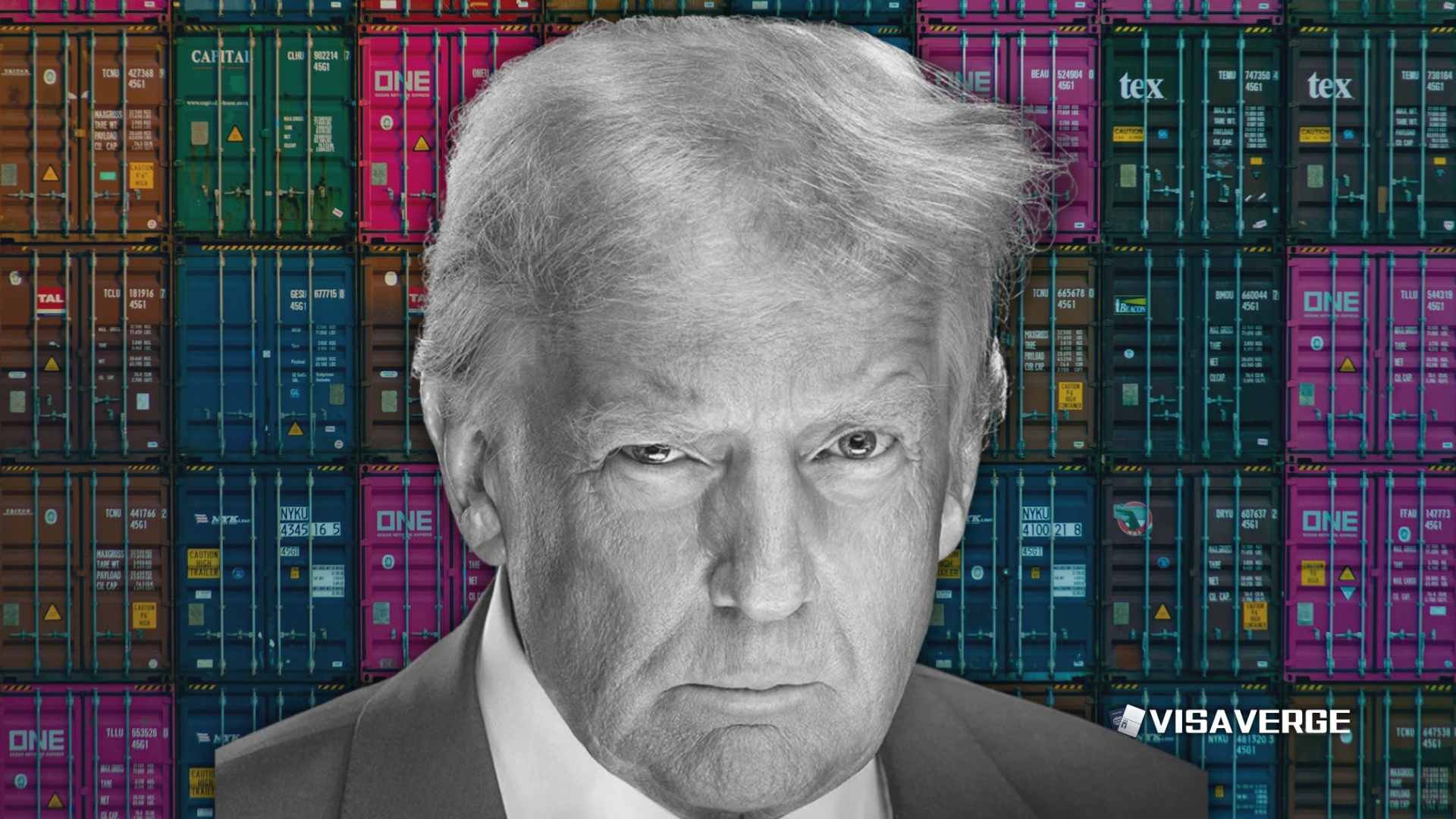Supreme Court Rules on Border Dispute
In a decision that underscores the ongoing tensions between state and federal power regarding immigration enforcement, the Supreme Court recently made a noteworthy ruling on a case involving the state of Texas and the Biden administration. The appraisal of the case among the justices exhibited a close division, reflecting the complexity of immigration issues in the United States.

Divided Decision Allows Federal Enforcement
On a 5-4 vote, the Supreme Court authorized Border Patrol agents to intervene in Texas’ actions on the U.S.-Mexico border. The Border Patrol now has the clearance to remove or cut through the razor wire that Texas installed, a measure the state argues is necessary to curb illegal border crossings.
The four justices who opposed the majority decision were Justice Clarence Thomas, Justice Samuel Alito, Justice Neil Gorsuch, and Justice Brett Kavanaugh. All are recognized as the conservative members of the nine-justice court.
The Intersection of State Activities and Federal Duties
Governor Gregg Abbott of Texas, a Republican, directed the installation of razor wire near Rio Grande at Eagle Pass, a strategic move as part of Operation Lone Star — his plan to combat illegal immigration. However, this initiative has not been without contention; it has frequently pitted Texas against federal agencies under the Biden administration’s immigration policies.
The Biden administration challenged Texas’ actions, contending that the presence of the Border Patrol razor wire hindered federal agents from performing their duties, particularly in reaching migrants who have managed to cross the border into U.S. territory.
Escalating Conflict and Legal Battles
The dispute between Texas and the federal government led to legal confrontations when agents cut through some of the razor wire, which Texas claimed was tantamount to trespassing and damaging state property. Though an initial federal judge’s ruling sided with the Biden administration, the New Orleans-based 5th U.S. Circuit Court of Appeals later reversed that decision last month, restricting agents from cutting or relocating the wire barring any medical emergencies.
Additionally, the Texas Attorney General Ken Paxton defied a Biden administration request for the state to withdraw from its occupation of a public park at Eagle Pass. This rebuttal followed a tragic incident where three lives were lost as they attempted to cross the Rio Grande. During this incident, the Department of Homeland Security reported that Border Patrol agents were “physically barred” from entering the area, underscoring the heightened tensions and physical stand-offs between state and federal authorities.
Operation Lone Star: A Controversial Approach
Governor Abbott’s Operation Lone Star reflects Texas’ aggressive stance on immigration enforcement. The operation has drawn national attention for its measures, which include:
- Busing migrants to Democratic-led cities outside of Texas
- Arresting migrants on charges of trespassing
- Placing buoys across Rio Grande to prevent crossings
While critics claim these tactics verge on overreach and potentially conflict with federal immigration law, proponents argue that states like Texas are compelled to act in light of what they perceive as federal inaction on illegal immigration.
Continuing Legal Tussles
The Supreme Court Texas immigration dispute is far from resolved. Despite the court’s latest ruling, the buoys installed by Texas in the Rio Grande remain in place with ongoing litigation expected to continue.
This ruling and subsequent actions from both Texas and the Biden administration reflect a nationally observed struggle over immigration policy and enforcement. This conflict touches upon the rights and powers of states versus those mandated to federal agencies, especially in border states where illegal crossings are a persistent concern.
For those interested in delving deeper into U.S. immigration norms or requiring direct information on immigration processes, the U.S. Citizenship and Immigration Services (USCIS) provides official and authoritative resources (USCIS Website).
The razor wire may have been cut, but the debate and division remain deeply entrenched—as the Supreme Court’s narrow decision has demonstrated, immigration will continue to be a contentious and pivotal issue in American politics.
Learn Today:
Glossary or Definitions:
- Immigration Enforcement: The actions and policies implemented by government agencies to regulate and control immigration, including the enforcement of immigration laws and the monitoring of borders and ports of entry.
-
Supreme Court: The highest court in the United States, consisting of nine justices appointed for life. The Supreme Court has the power to interpret the Constitution and make final decisions on legal cases, including those related to immigration.
-
State and Federal Power: Refers to the division of authority between the individual states in the United States and the federal government. In the context of immigration, tensions can arise when state and federal governments have different approaches to enforcement or when states attempt to enact immigration policies that conflict with federal laws.
-
Border Patrol: A federal law enforcement agency within the Department of Homeland Security responsible for the enforcement of immigration laws at the border and the prevention of illegal border crossings.
-
Razor Wire: A type of thick, sharp wire that is used as a security measure to deter and prevent unauthorized access, particularly at borders and high-security areas. In this context, Texas installed razor wire as part of its efforts to deter illegal border crossings.
-
Illegal Border Crossings: The act of crossing a country’s border without proper authorization or documentation. It refers to the unauthorized entry of individuals into a country, bypassing legal immigration procedures.
-
Conservative Justices: Refers to Supreme Court justices who hold conservative or traditional views on legal and constitutional issues. In the context of this content, conservative justices were opposed to the majority decision on the Texas immigration case.
-
Operation Lone Star: A plan implemented by Governor Gregg Abbott of Texas to combat illegal immigration. It includes various measures such as the installation of razor wire, transportation of migrants to other cities, and arrests for trespassing.
-
Biden Administration: Refers to the executive branch of the United States government under President Joe Biden, including the policies and actions implemented by his administration.
-
Legal Confrontations: Conflicts or disputes that arise between parties within a legal framework or court system. In the context of immigration, legal confrontations can occur when states and the federal government have differing interpretations or expectations regarding immigration policies and actions.
-
5th U.S. Circuit Court of Appeals: A federal court of appeals that has jurisdiction over cases from various states, including Texas. The court hears appeals from lower federal courts and is one of the intermediate appellate courts in the federal judicial system.
-
Department of Homeland Security: A federal agency responsible for ensuring the security of the United States, including border security, immigration enforcement, and emergency preparedness.
-
Overreach: The act of exceeding proper limits or authority. In the context of immigration enforcement, critics argue that certain actions or policies may go beyond what is permitted by law or infringe upon individuals’ rights.
-
Federal Immigration Law: Refers to the statutes and regulations established by the federal government to govern immigration and naturalization processes in the United States. Federal immigration law takes precedence over state law in matters related to immigration.
-
U.S. Citizenship and Immigration Services (USCIS): A component of the Department of Homeland Security responsible for administering immigration benefits and services, including processing visa applications, granting citizenship, and providing information on immigration processes.
-
Litigation: The process of taking legal action through the court system to resolve a legal dispute. In the context of immigration, ongoing litigation refers to the continuation of legal battles and court proceedings related to the Texas immigration dispute.
-
Border States: Refers to U.S. states that share a border with another country, such as Mexico or Canada. Border states often face unique challenges and considerations related to immigration due to their proximity to international borders.
So, that’s a wrap on the Supreme Court’s ruling on the Texas border dispute! The decision shows just how complex and contentious immigration issues can be. But hey, if you’re hungry for more insights and information about U.S. immigration, why not head over to visaverge.com? They’ve got all the visa-related goodies you could possibly want. Happy exploring!
This Article in a Nutshell:
The Supreme Court ruled, by a close 5-4 vote, that Border Patrol agents can intervene in Texas’ actions on the U.S.-Mexico border. The decision allows the removal of razor wire installed by Texas to prevent illegal border crossings. This ruling reflects the ongoing conflict between state and federal immigration enforcement powers.








